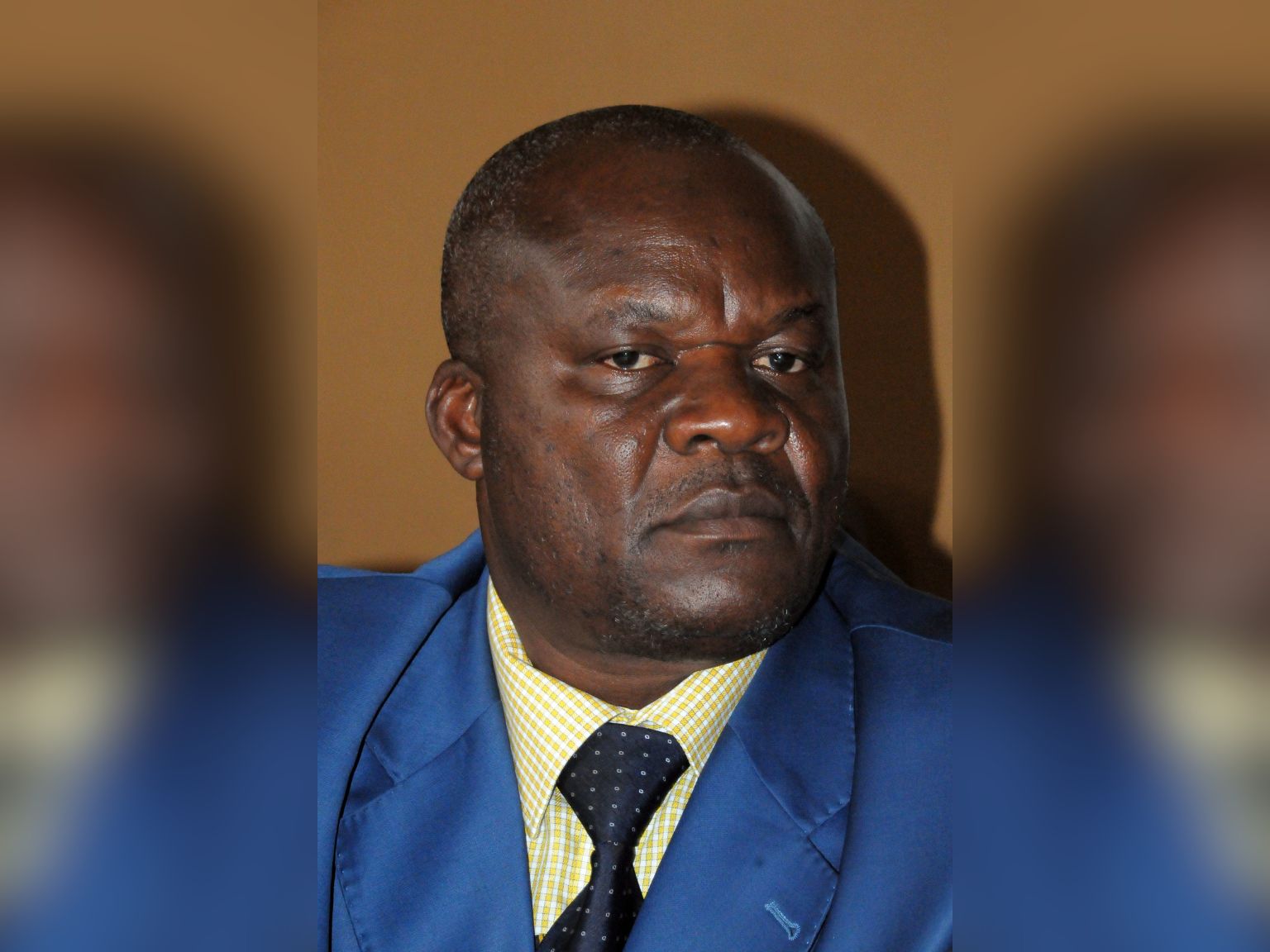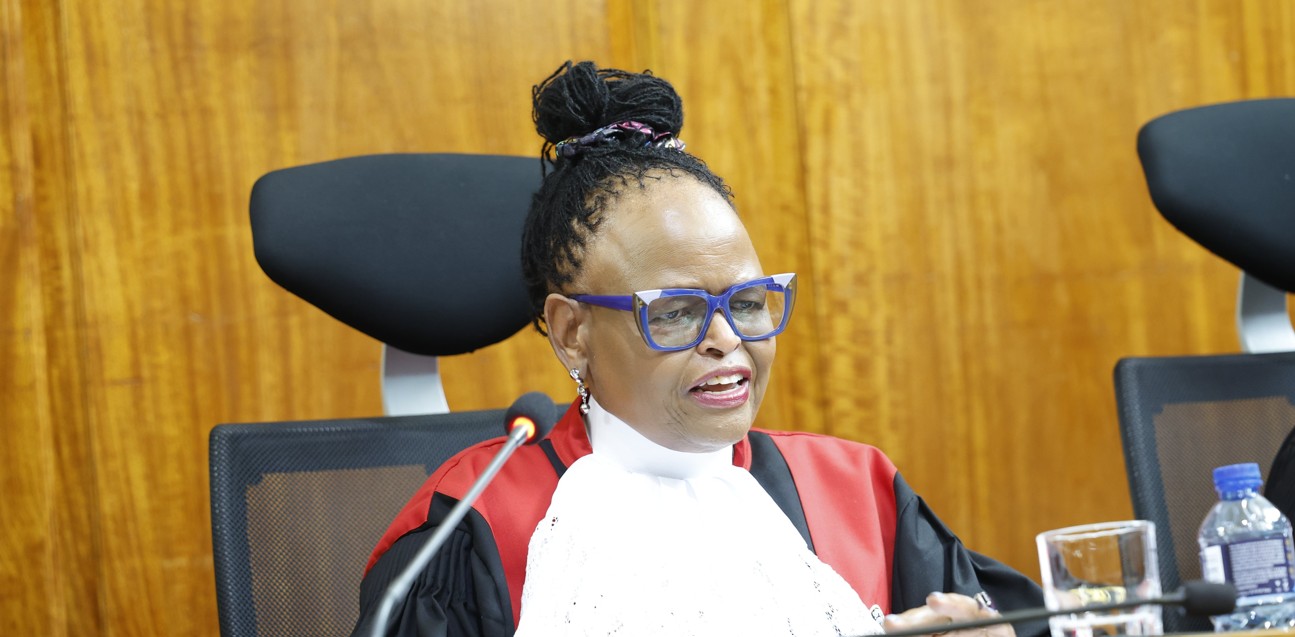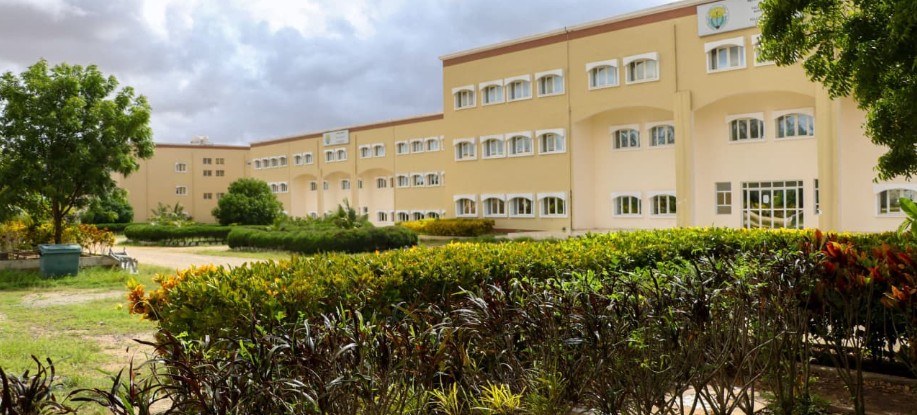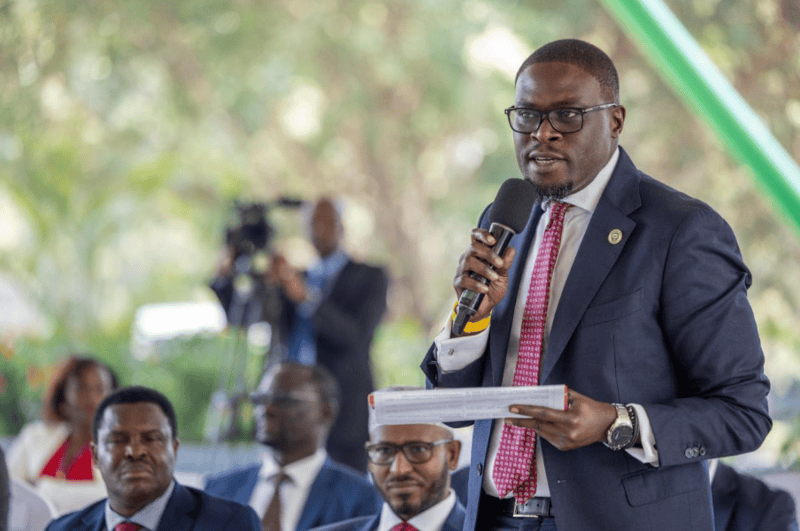Kenyan palaeontologist Fredrick Manthi elected to US National Academy of Sciences
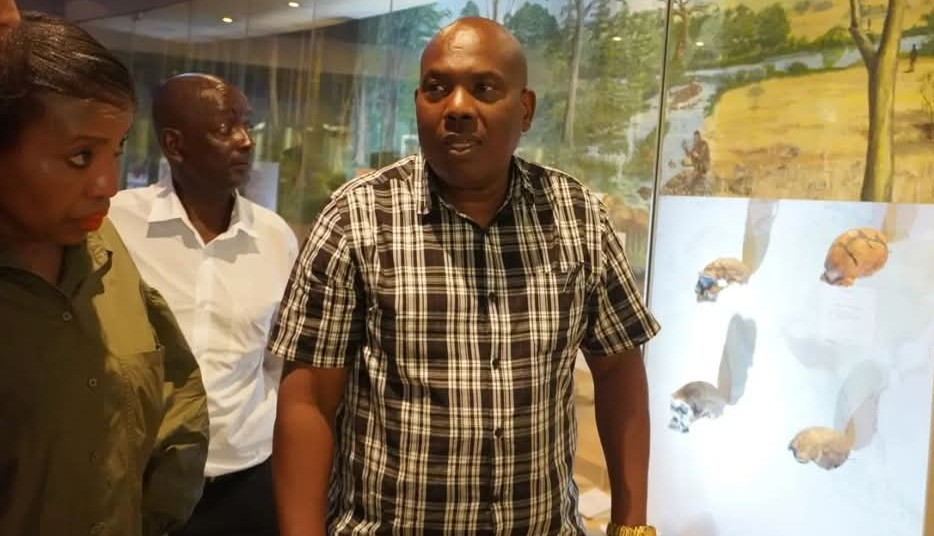
Over the years, he has led fossil excavations across the Turkana Basin, uncovering critical evidence dating back over 4 million years, contributing to the understanding of the origins of modern humans.
Dr Fredrick Kyalo Manthi, a Kenyan scientist, has been elected as an international member of the prestigious US National Academy of Sciences (NAS), becoming the only African to receive the honour this year and the second Kenyan ever to do so.
Manthi, a senior research scientist and Director of Antiquities, Sites and Monuments at the National Museums of Kenya, joins the elite institution recognised globally for advancing science through original research.
More To Read
- Museums go fully digital as National Museums of Kenya unveils new ticketing system
- Early humans in Turkana used stone tools for over 300,000 years, study finds
- Ancient antelope teeth offer surprise insights into how early humans lived
- East Africa’s largest art exhibition opens in Nairobi, over 800 works on display
- World’s first known butt-drag fossil trace was left by a rock hyrax in South Africa 126,000 years ago
- Rabai elders cry foul over attempts to seize sacred Kaya forest land
The appointment highlights his decades-long contribution to the field of vertebrate palaeontology and human evolution.
The recognition also marks a milestone for African science, with many across the continent celebrating the achievement.
South Africa’s Palaeontological Scientific Trust (PAST), a long-time supporter of Manthi's academic journey, welcomed the announcement, having backed his PhD studies at the University of Cape Town in the early 2000s.
In 2008, Manthi was named the first recipient of PAST’s Young Research Excellence Award.
Over the years, he has led fossil excavations across the Turkana Basin, uncovering critical evidence dating back over 4 million years, contributing to the understanding of the origins of modern humans.
His work has been featured in leading scientific journals and supported by organisations such as the Leakey Foundation, the Wenner-Gren Foundation, the National Geographic and PAST.
Reacting to the news, Manthi said the election was a humbling moment and credited his success to the continuous backing from his peers, family, and international collaborators.
“This recognition isn’t just for me; it’s for Kenya, for the National Museums of Kenya, and for the African continent,” he said.
He also highlighted the persistent challenges faced by researchers in Africa, including limited funding and infrastructure, urging more investment in scientific research and heritage conservation.
In 2007, Manthi received the Elder of the Burning Spear (EBS) award from the late former President Mwai Kibaki, acknowledging his contribution to science in Kenya.
More recently, in March 2025, the University of Utah, where he has served since 2006, promoted him to an associate professor.
Manthi’s election into NAS is not only a personal triumph but also a powerful message of inspiration to emerging scientists across Africa.
Top Stories Today

